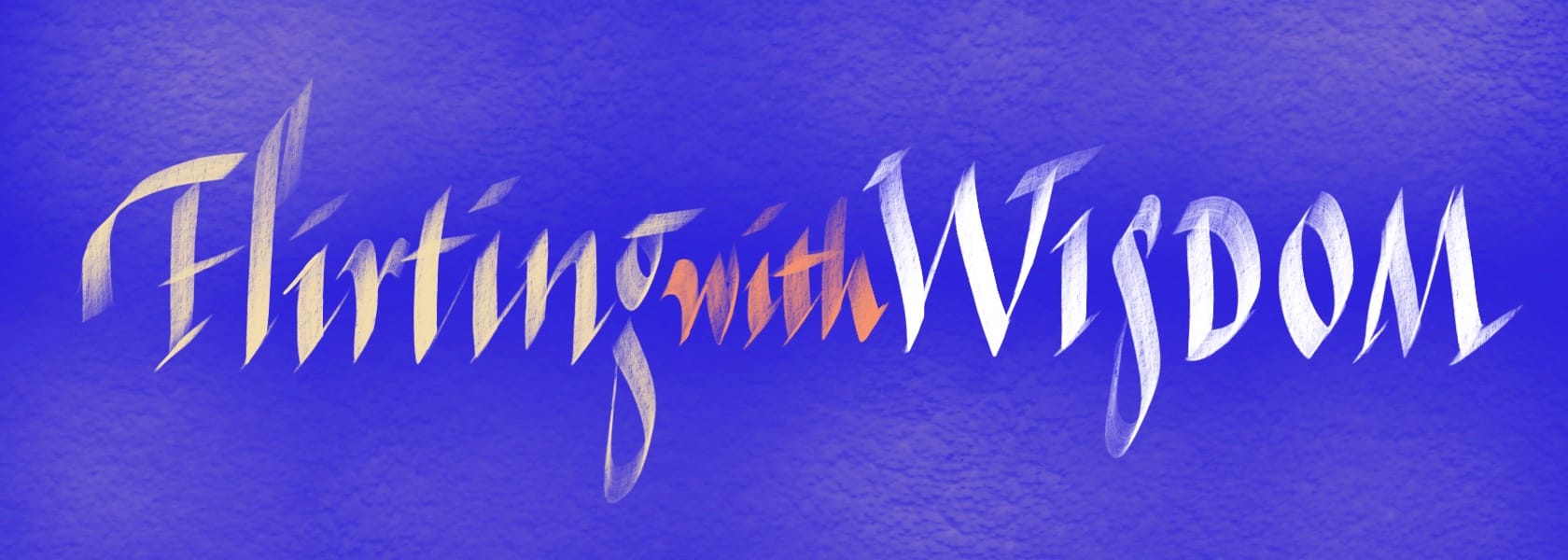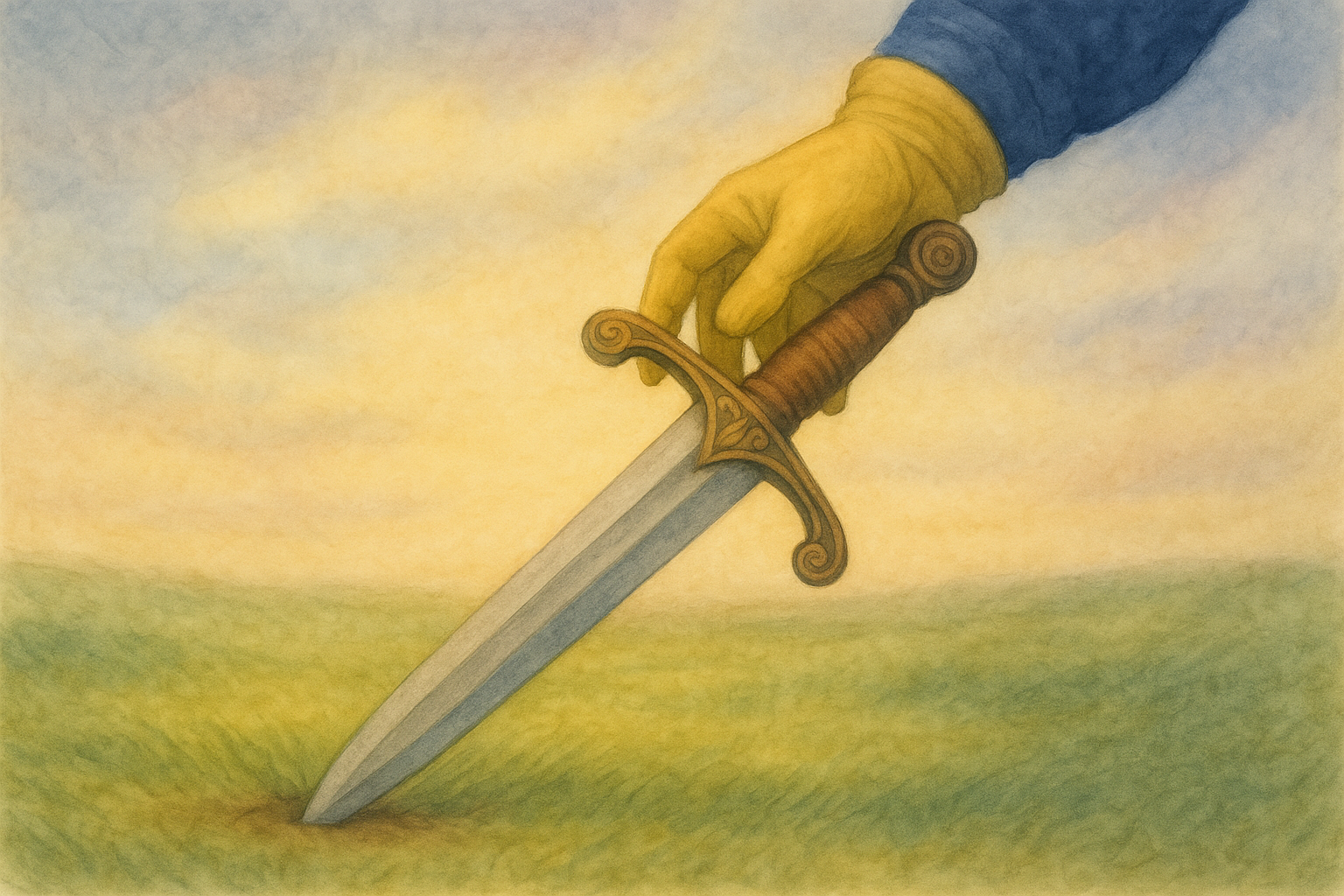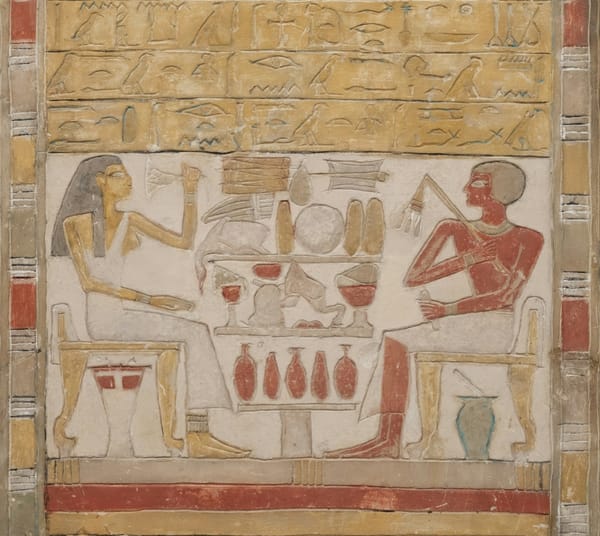The Stables, a music venue in Buckinghamshire, England, was established by jazz legend Johnny Dankworth and his wife, the equally legendary singer, Cleo Laine.
In February 2010, they held a concert to celebrate its fortieth anniversary. Laine, by now in her eighties, was one of the performers. It was apparently a wonderful evening of amazing music.
However, the performers – all people intimately connected with the venue and its founders – knew a shocking piece of news that was only announced to the audience (by Laine) at the end of the show. Johnny Dankworth had died earlier that day. Yet Cleo Laine had insisted that her husband would have wanted the show to go on and for the mood to be celebratory, so that is what they all did.
It is hard to imagine a much greater example of professionalism at its best: that putting aside of personal grief so that the show could be great.
It’s an admirable quality, and one that you want in professional people. I know I tried to be that sort of professional in my job. But I was always aware that there was also a dark side to professionalism.
When you are working towards a higher purpose, it’s easy to see professionalism as beneficial. But what about when you are asked by your employer to do things that go against the grain? Things that will leave people worse off as a result.
For me, it was years of managing shrinking budgets and having to sacrifice important elements of my students’ educational experience on the altar of economy. I tried to satisfy my professional instincts by finding the least damaging options, but it did leave me wondering whether professionalism might be a tool that sometimes allowed ordinary people to act in monstrous ways. People like Walter Stier.
Professionalism might be a tool that sometimes allows ordinary people to act in monstrous ways.
Stier was a German bureaucrat who was working for the Reichsbahn (German National Railways) in the 1930s. Like many such functionaries who did not want to lose their jobs, he joined the Nazi Party, working for their Eastern division. He must have had a precise mind and been good at his job because, by 1943, he had become head of scheduling.
One of Stier’s jobs involved scheduling “resettlement trains” to the Auschwitz and Treblinka camps. He was later interviewed (covertly) by Claude Lanzmann for the monumental 1985 documentary “Shoah.” In it, Stier claimed to have sat behind a desk for the whole of the second world war and to have no knowledge of what happened to the people being transported.
Despite his protestations, though, he had an intimate knowledge of the mechanics of the transactions whereby the Gestapo purchased tickets for the Jews being transported.
The trains were not commandeered. They were paid for, with reduced fares for groups of over 400 – a policy originally designed for large excursion parties. It was now applied regardless of whether the outcome was a day at the seaside or a date with the gas chamber. Children under the age of four even travelled for free.
Since the Gestapo had no budget for these trains, the tickets were paid for with the proceeds of property confiscated from the Jews being transported. Yet Stier fiercely maintained that he was just doing his job. “I was strictly a bureaucrat,” he said at one point.
Stier’s account is a shockingly mundane example of how evil can be transported along the clinical lines of a well-functioning bureaucracy. And, like many of the perpetrators interviewed for “Shoah”, no-one protested, for fear of the consequences. Questioning Nazi actions meant, as Stier put it, that “you were tired of life.”
Questioning Nazi actions meant, as Walter Stier put it, that “you were tired of life.”
Fortunately, I never had to survive an environment that extreme, but I have seen situations where questioning effectively meant you were tired of a job.
You would think that, as bastions of critical thinking, universities would welcome staff applying critical thinking to their workplace. Far from it. A good many educational managers simply seem to want compliance and questioning them means a war where the enemy has all the big guns.
This is when you have to decide what professionalism means. Is it being a good soldier and doing what you are told, or fighting for what your professional judgement tells you is the correct course of action? In such an environment, you have to pick your battles very carefully.
My yardstick for deciding if this threshold had been met comes from an anecdote involving William Penn, the Quaker founder of Pennsylvania, and George Fox, the founder of Quakerism.
The story goes that Penn, an aristocrat and courtier, did not immediately give up his aristocratic dress and customs when he first started associating with Quakers. This included still wearing his sword.
However, he was troubled, since Quakers were strictly non-violent (following the gospel advice that all who take the sword will perish by the sword). They also wore plain dress, as a way of symbolically renouncing ‘worldly’ things. Hence, when he met Fox, Penn asked for advice.
Fox replied memorably, “I advise thee to wear it as long as thou canst,” thus throwing the decision back onto Penn’s conscience. It would not be very long before Penn’s conscience won – a case of Penn being mightier than the sword.
I was rather saddened recently to discover that this story is now considered apocryphal rather than historically factual, but the point remains valid. You have to know how long you can bear a particular sword before your conscience demands that you jettison it.
Some things you are asked to do go against the grain, but do not eat away at your fundamental moral fabric. Others do just that. It is these ones where you sometimes have to take up the battle even when you know you will lose it: where being moral, and doing the right thing is more important than expedience, self-preservation, or even professionalism.
Some things go against the grain, but don’t eat away at your moral fabric. Others do just that.
I am very glad that I was not Stier, managing Nazi train schedules. I’d like to think that, in the same situation, I would have done the right thing and spoken up. But, if I’m honest, I don’t know.
Putting my family at risk would have been much harder than just risking myself. Certainly, at such a time, the steady, dull cloak of compliant professionalism must have seemed an appealing fashion choice.

Each vignette invites readers to embrace the beauty of unfinished thinking and the art of holding life’s ongoing questions.











Member discussion